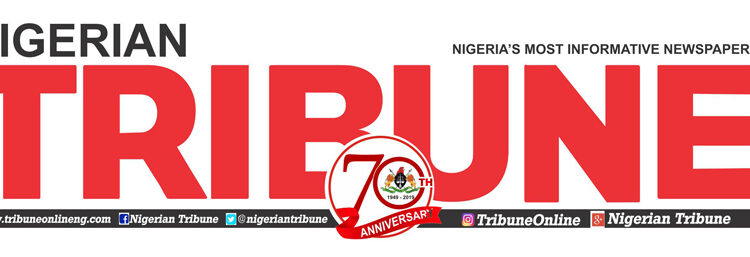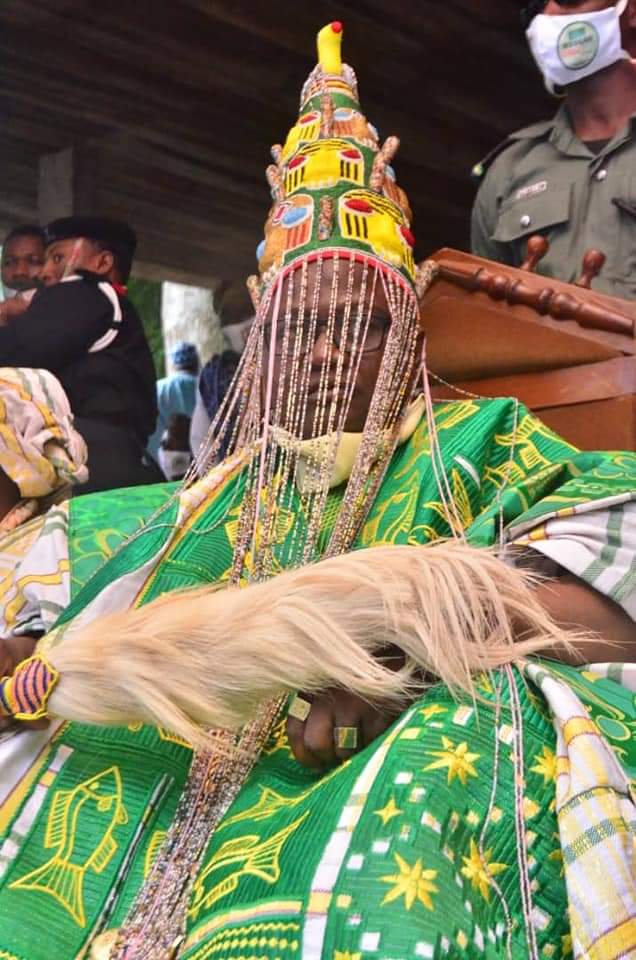[ad_1]
The French Institute for Research in Africa, Nigeria (IFRA-Nigeria), on Thursday held a roundtable at the Institute of African Studies, University of Ibadan, where experts examined the particular issues that have attended Nigeria’s elections over the years with a view to charting the path for the success of the 2023 general election.
One of the discussants at the event, a lecturer at the National Open University of Nigeria (NOUN), Dr Adeola Adams, looked at the Early Warning Indicators Before the 2023 General Election.
Dr Adams said the election should be a peaceful transition from one government to the other but lamented that “the reverse is the case in Nigeria.”
According to him, a lot of crises happen during and after elections in the country, even as hate speeches, youth unemployment, arms proliferation and others constitute threats to elections in the country.
He urged the government to engage the important stakeholder’s youths, politicians, security operatives, non-government organisations and many others for next year’s elections to be peaceful, free, fair and credible.
An Associate Professor of Political Science at the University of Ibadan, Dr David Enweremadu, submitted that Nigeria’s elections have often been marred by fraud and corruption.
Enweremadu said the upcoming elections face the same threats which are due to the personalities of major contenders and the stakes involved.
“Vote buying, a collision between security agents, electoral officers and politicians, ballot snatching and stuffing of ballot boxes, intimidation of voters by thugs and security agents, alteration of election results are some of the major factors constituting fraud and corruption in Nigeria, he said.
He said although some reforms have been initiated, the government and the Independent National Electoral Commission (INEC) need to do more to safeguard the welfare of the staff, provide security and enforce the code of conduct among the workers.
Another discussant, Dr Victor Eze, who looked at Campaign Frames and Voters Choice In Nigeria’, stressed that voters’ decisions have a high tendency of being influenced by ethnicity, religion, basic loyalty and affiliation with a political party, among other things.
Also, Mrs Omolola Thompson emphasised the need to cater for vulnerable persons on a continuous basis and not only during the election period.
Thompson said: Approximately 140 million Nigerians belong to the vulnerable groups. According to the INEC, 70 per cent of the people who registered for the just concluded permanent voters cards belong to the vulnerable group.
“There are many people in this category when we talk of being vulnerable. We have physically, mentally and socially disadvantaged people who are unable to meet their basic needs and others
The youths, aged people and adolescents need to be well-oriented and sensitised on their fundamental human rights and they need not allow themselves to be deceived by politicians with tokens, gifts and other incentives.
She, however, commended the INEC framework on access and participation of persons with disabilities and encouraged the commission to ensure compliance monitoring, just as she urged political parties to create written care plans for vulnerable groups.
The Head of the Department of Political Science, University of Ibadan and the chairperson of the event, Professor A.I. Pogoson, emphasised the need for having more of such programmes as the 2023 general election draws near.
“Issues like the matching of dollars by political parties at the recent Osun and Ekiti states governorship elections to induce voters, giving out commodities to bribe the electorate, manipulation of election results and many others need to be resolved, she said.
ALSO READ FROM NIGERIAN TRIBUNE
IFRA-Nigeria holds roundtable on 2023 polls
[ad_2]








